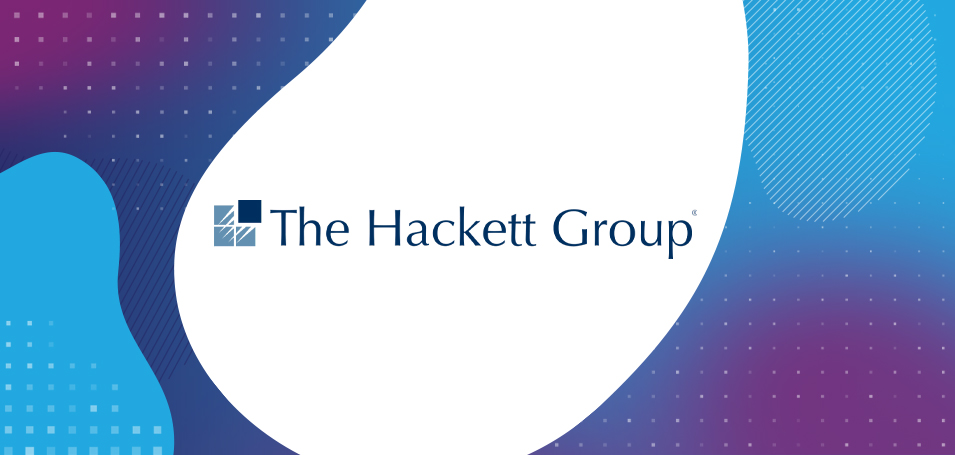When developing a learning business, many training companies, associations, and continuing education organizations started with a vision, a subject matter expert, and some ILT courses. As their success and vision grew, they realized they needed something they didn’t have before: scalability.
If continued growth and enhanced profitability are the goals for your learning business, then the concept of scalability is central to your success. I’m sure you’ve heard the term innumerable times, but it’s worth taking a look at a formal definition: Scalability refers to the ability of a company to sustain or better its performance in terms of profitability or efficiency when its sales volume increases. (Economic Times)
That’s a very succinct and very powerful definition.
3 Keys to Scaling Your Learning Business
There are 3 bedrock concepts that enable scalability. We’d like to share them and help you lay the groundwork for growing your professional learning business.
- Technology
- Content Development
- Marketing
Technology with Two T’s
There is the small t technology and the capital T Technology. Scalability requires both. The small ‘t’ technology is remote and self-paced learning, which are necessary for your business’ scalability. Reliance on ILT (instructor led training) carries a lot of weight: instructors; classrooms, etc. eLearning and video lower your basic cost of training, turns “everywhere at anytime” into the classroom while you maintain your commitment to excellence.
The big ‘T’ Technology is the LMS (learning management system) or learning platform. According to Wikipedia:
A learning management system is a software application for the administration, documentation, tracking, reporting and delivery of educational courses, training programs, or learning and development programs.
The LMS will be the backbone of your scalability. From start to finish, the LMS allows you to create, deliver and report on training courses and programs. There are hundreds out there, so choose wisely.
There are many lists on how to select an LMS and most overlap. We’d like to pass along some important points that aren’t on many of these lists:
- If you are “for profit” the LMS should be built for “for-profit” training
- The LMS should have built-in marketing tools (more on that later)
- Talk to their customers, especially about ease of use, reliability and the availability and quality of ongoing support
- Don’t forget to evaluate the company behind the LMS.
As you consider which learning system is right for you, consider the Thought Industries Platform and our robust features built specifically for scaling enterprises learning initiatives.
Development of Excellent Content
There are many competing theories on content development, and all of them are viable. Here are some:
- Our reputation is based on our subject matter expertise and training excellence. We cannot skimp.
- The definition of scalability includes maintaining or increasing profitability, which puts downward pressure on all cost centers, the bigger the bigger.
- We can control costs, increase range and increase speed by bringing development in-house.
- Should we use outside SMEs, perhaps get greater quality at higher cost?
Scalability requires increased sales. Potential customers tell us that there is nothing more powerful than a referral. We must earn that referral every day with every customer. Every learner contemplating a registration checks with others who have already experienced the training.
If your success depends on your competitively differentiating expertise, and I suspect it does, I would continue to prioritize this investment. Partnering with outside SMEs increases relevancy and agility, and with revenue-sharing, spreads some of the risk.
Therefore, as you increase the scalability of your content development process, there are 3 things to remember:
- Invest in scalability
- Partner with experts
- Stay agile
Marketing = Selling
As your learning business moves more online you’ll find that marketing is your new e-salesperson. If we are going to increase demand and sales volume, marketing must be focused and effective (and also scale ILT).
For this discussion, there are 2 types of marketing: external and internal.
External marketing is also called demand generation, lead generation and prospecting. Whatever you call it, it’s about bringing in new learners, and the single greatest lever you have to increase that flow of new learners is your knowledge and insight into the individual.
Each learner is wrestling with professional and personal motivations and limitations as they evaluate registration. These are the earbuds they wear as they listen to your messaging. Relevancy is what gets your message through all the other noise. The technology is certainly important, but at the end of the day it’s a personal sell.
Internal marketing is selling to your customer base. Most companies think it’s more important to focus on new business, especially if you want to scale up. The importance of prospecting is unquestionable, however here are 2 thoughts that argue for a more balanced marketing approach:
The probability of selling to an existing customer is 60% – 70% while the probability of selling to a new prospect is 5% – 20%. (Invesp)
Bain & Company shows that increasing customer retention rates by 5% increases profits by 25% to 95%.
Internal marketing is a strategy for the long-term success of a highly profitable learning business. Thus, your internal marketing should focus on increasing the learner lifetime value (LLV) of existing customers. Here’s a solid discussion of the LLV metric.
The most important lever in increasing the success of your internal marketing is, once again, your knowledge and insight into the individual learner. Combining qualitative input and data from the actions the learner has taken put you closer to delivering the right message to the right person at the right time – the magic combination of gaining the sale.
Automation is a facilitator and it helps a lot if the LMS you select has some marketing tools built into it. Examples include: auto-notifications/email campaigns (which can prompt students to register for that “next class”); awards, badges, certification, learning paths and reporting that uncovers marketing opportunities.
The Secret Sauce
A scalable company is one that can maintain or improve profit margins while sales volume increases. Fueling this is having a compelling competitive differentiator. The most compelling, most competitive differentiator is an unwavering appreciation for and attention to the decision making needs of the individual.
Barry Kelly, CEO of Thought Industries says it better: The Ultimate Respect for the Learner. That should be the north star that you follow as you develop the above scalability concepts, because, our reputation is really no greater than one learner’s satisfaction.



